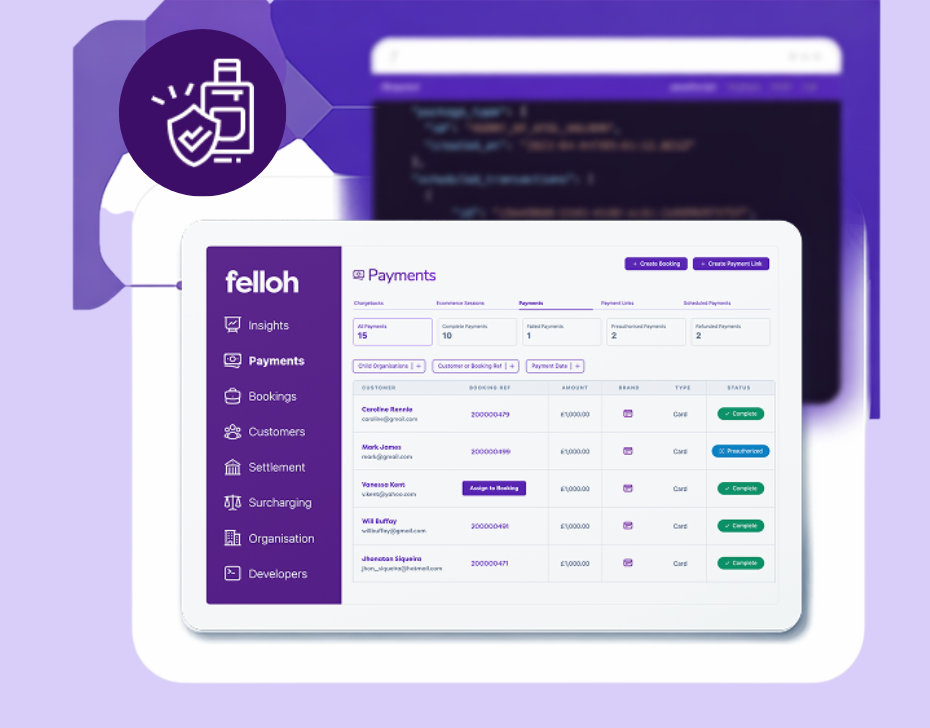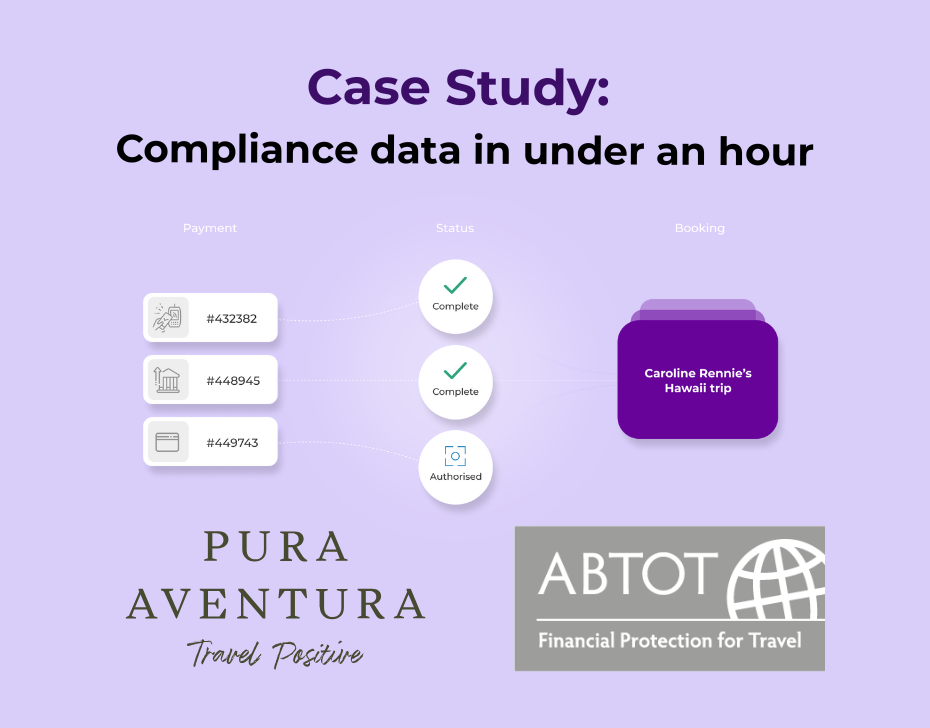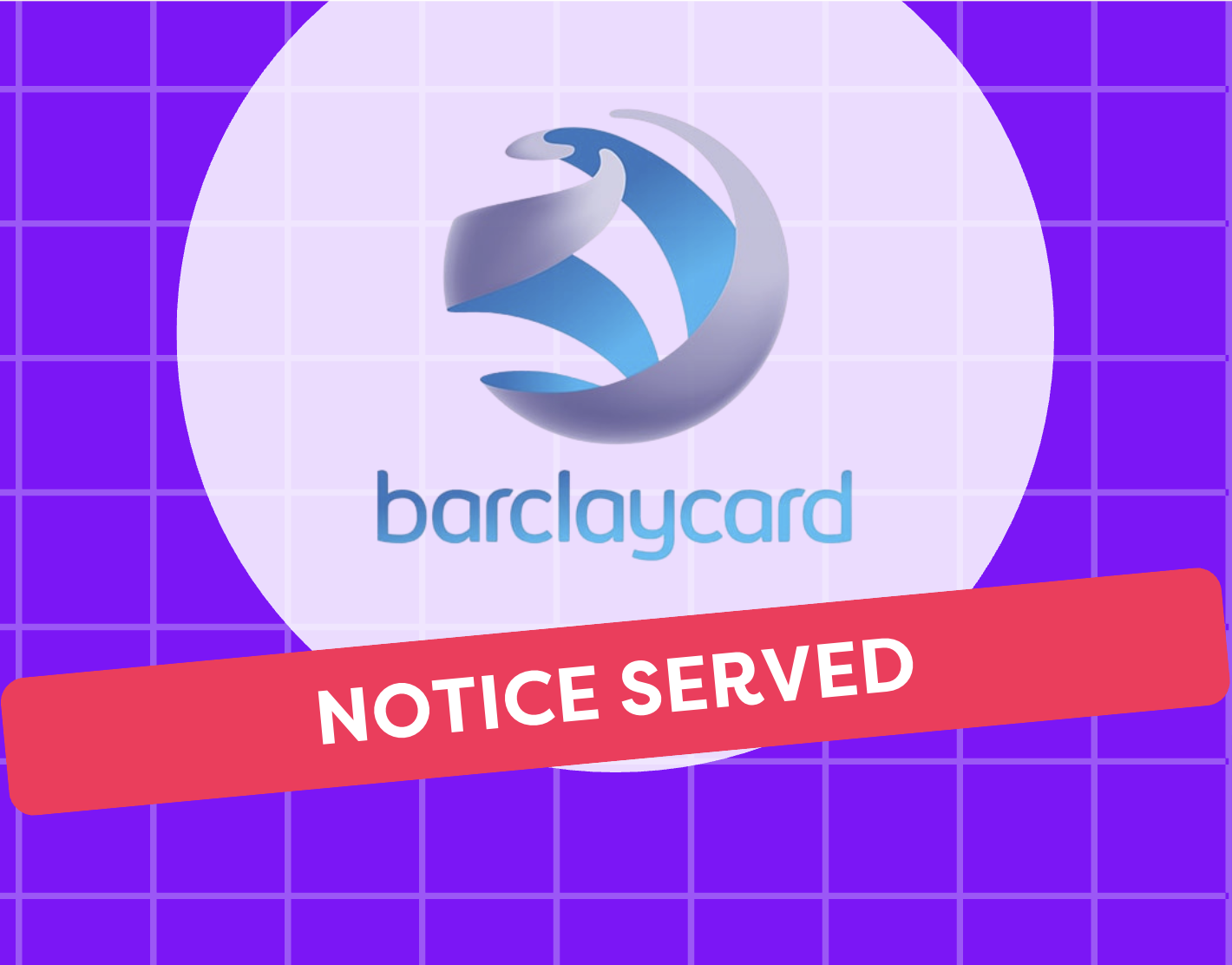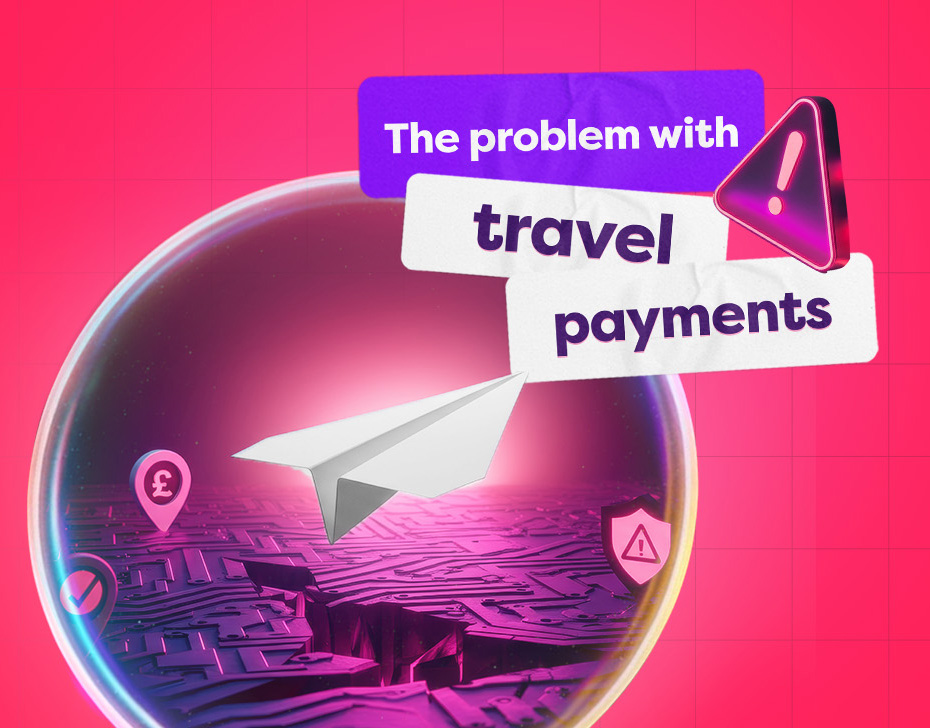After a rollercoaster 2 years, the travel sector is looking cautiously hopeful towards the future. As bookings begin to roll in, travel-hungry consumers are willing to treat themselves a little more this year, giving the sector the resurgence it so desperately needs. But how do we ensure that the pains of 2020 - 2021 aren't repeated if (when) the next crisis hit? It's time we learn from the past, starting with the problem with payments.
The problem with travel payments
Travel is one of the highest regulated retail products in the UK. This is great news for customers, as the Package Travel Regulations protect consumers but can be a big challenge for travel merchants and the stakeholders within the travel payments ecosystem. Everyone pays for the lack of certainty in travel – one way or another and frequently over the odds. Right now, those returning to the market are doing so with a belt-and-braces approach to protection and high risk aversion which puts the squeeze on customer-facing travel businesses.
The payments ecosystem can be opaque, with each stakeholder struggling to protect their own interests and the interests of the end consumer. While the industry’s issues are in no-way a new problem, the past two years have drawn back the curtain on an ecosystem which was operating in the dark, with protection which functioned with almost full dependency on economies of scale and the unlikelihood of industry-wide disruption.
“The experience of the Covid-19 pandemic has amplified the need for change in this area, in that poor capitalisation and in particular the use of customer monies as a primary source of funding working capital can lead to a rapid deterioration of available cash.”
CAA Consultation document CAP 2151
Without the requirement for segregation of customer funds (one of the options being proposed in the CAA Consultation), customer monies are perceived to be at risk and the merchant acquirers, bond providers and insurers are potentially on-the-hook if the merchant fails. Without cross-industry sharing, all parties are factoring in the same risk into their pricing decisions.
So, how does this manifest in payments and risk management now?
While the CAA evaluates the current ATOL protection model, the industry must adapt preemptively to become more financially resilient before the legislative changes are put into place. Stakeholders within the payments landscape are already bringing-up-the-drawbridge to protect themselves by either pricing in additional risk or leaving the market all together.
- Merchant acquirers issue higher-than-necessary processing fees to build resilience against chargebacks
- Approved bodies are over cautious on the levels of bonding to prevent under-bonding the true risk of a travel agent or tour operator
- Suppliers require payments in advance of travel to cover their risk of the travel agent or tour operator failing
- Insurance providers are withdrawing from the market as the perceived risk is too high
- With siloed and incomplete data multiple parties are protecting the same risks.
The current market has, in simple terms, two methods of complying with the Package Travel Regulations; segregation of funds (via trust or escrow accounts) or acquiring financial protection (bond and insurance protection). As the key risk stakeholders, understandably, look to protect themselves against further losses, the market is now exploring how it can adopt and enforce a higher percentage of consumer funds protected using segregation methods. A challenge to those merchants who are currently bonded and relying heavily on customer money for their working capital is that the two protection methods are both effective but are mutually exclusive of each other - the hybrid model is not yet possible under current legislation.
How can it improve?
Like most of life's problems, a little collaboration goes a long way. Within the travel market, one of the most valuable data assets is highly under-used; booking systems. The systems used by front-line sales teams have so much valuable data which could be utilised by stakeholders to truly understand their risk:
- sharing level 2 and 3 data about travel can reduce Interchange Fees from card schemes
- sharing dates of travel with your merchant acquirer removes 'travelled' payments from the merchant acquirer's risk profile
- sharing payments to ATOL protected suppliers with bond providers and insurer lets them know another supplier is responsible for a refund
So, if your business is sat on a goldmine of potential savings and improved stakeholder relationships, get in touch to book a demo and see how Felloh can help your business solve the problem with travel payments.















.png)


.svg)

.svg)




.svg)

.svg)



.png)
.avif)


.png)


.png)


.png)









